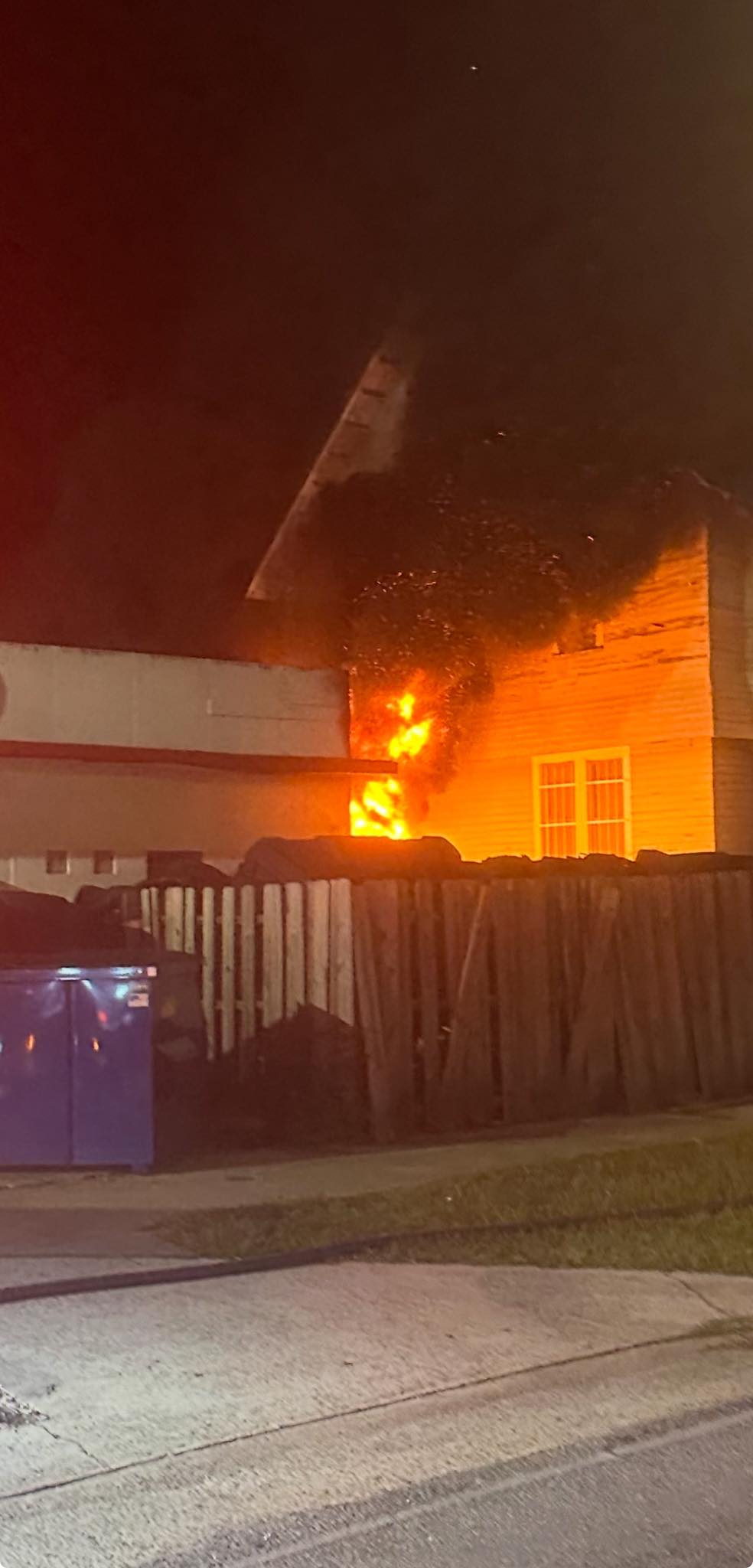BOOK REVIEW: Bobby Kennedy: A Raging Spirit by Chris Matthews
Published 9:30 am Sunday, January 21, 2018

- Bobby Kennedy: A Raging Spirit
Best known as the host of the political “Hardball” on MSNBC, Chris Matthews has written past books on the Kennedys: “Kennedy and Nixon: The Rivalry that Shaped Post-War America” and “Jack Kennedy: Elusive Hero.”
With his working-class Catholic background, Matthews admits to a bit of hero worship of the Kennedys openly in his books. They were admired, adored and mourned within his family and community growing up. They inspired Matthews to enter politics.
Trending
“Bobby Kennedy: A Raging Spirit” follows the tone of “Elusive Hero.” There are no Kennedy scandals here, no tawdry bedroom scenes, no conspiracy theories. Matthews confesses in the opening pages that Robert F. Kennedy had an impact on his life and his political views.
“The years of Bobby’s public life were my times, too,” writes Matthews, who was a boy, a teenager and a young man during the rise of the Kennedys and the years of JFK’s time as president when younger brother RFK served as attorney general, the assassination of JFK, RFK’s election as senator, Bobby’s run for president in 1968 and his subsequent assassination as he stood on the cusp of being the Democratic nominee for the presidency. “All that youth and hope and sense of change: you couldn’t be alive and not feel it.”
The book follows RFK’s life as the third son of Joe and Rose Kennedy. He was the son behind Joe Jr. and John, the forgotten and neglected son by patriarch Joe Sr. The son older than youngest brother Ted Kennedy.
Even with the World War II death of Joe Jr., and John’s rise in the father’s estimation of becoming a President, Bobby’s place within the family didn’t change. He wanted to be a part of the war but was both too young and held back by the cautions of John and the preventive measures of his father.
Following the war, with few expectations, Bobby Kennedy could go his own way. He became an attorney and an anti-mob advocate, who delved into criminal ties between the mobs and unions.
But family expectations came when John ran for President. Bobby was tapped to organize his brother’s campaign. While JFK could be ruthless and aloof, it was his job as candidate then President to charm and cajole. While RFK was sensitive, he ran the campaign then acted as his brother’s attorney general with a bulldog tenacity.
Trending
The sensitivity is apparent in the wake of JFK’s assassination. Bobby was overcome with grief and reached a point where he could almost not function, according to Matthews’ account.
The assassination of his brother changed him. He ran for and won a Senate seat. He ran for President as a champion for the impoverished. He was assassinated after winning the California primary in 1968.
Matthews ends his book as he begins it – with personal reflections, where he was and what he was doing when he learned of RFK’s assassination; reflections on how his life had been inspired and influenced by a man nicknamed Bobby and is still moved by that Kennedy life 50 years later.





